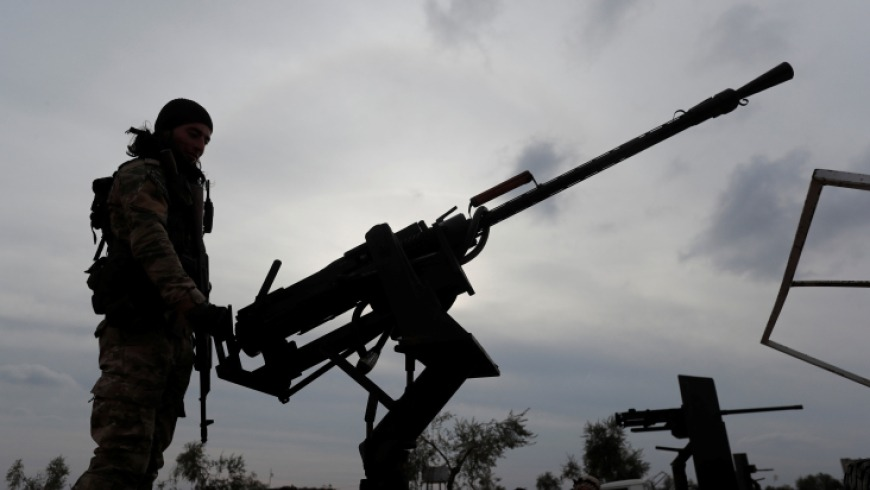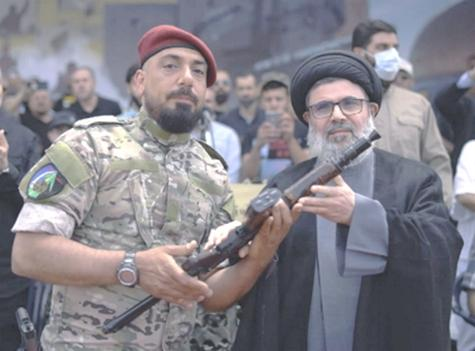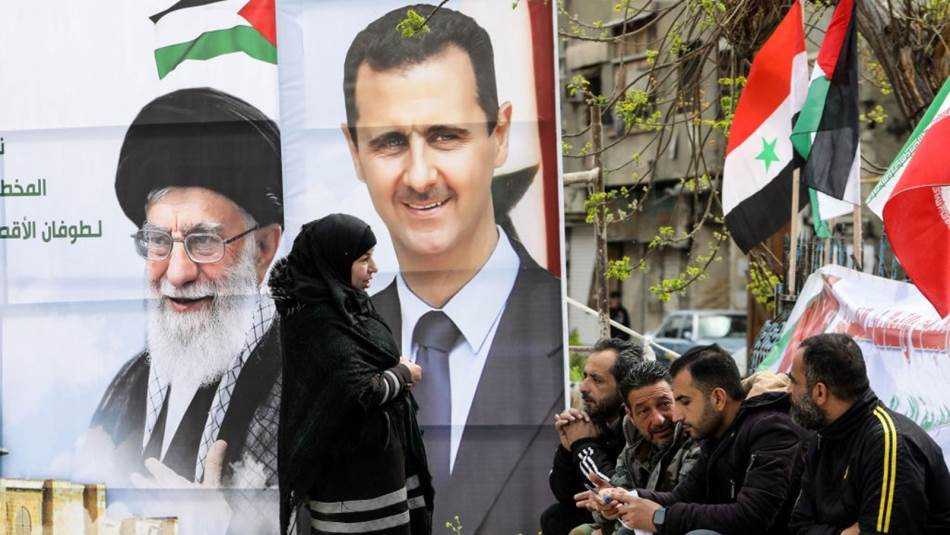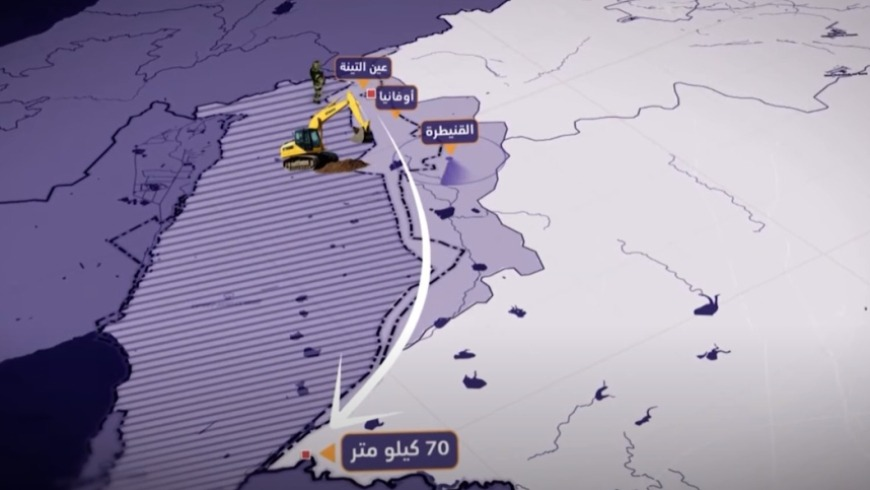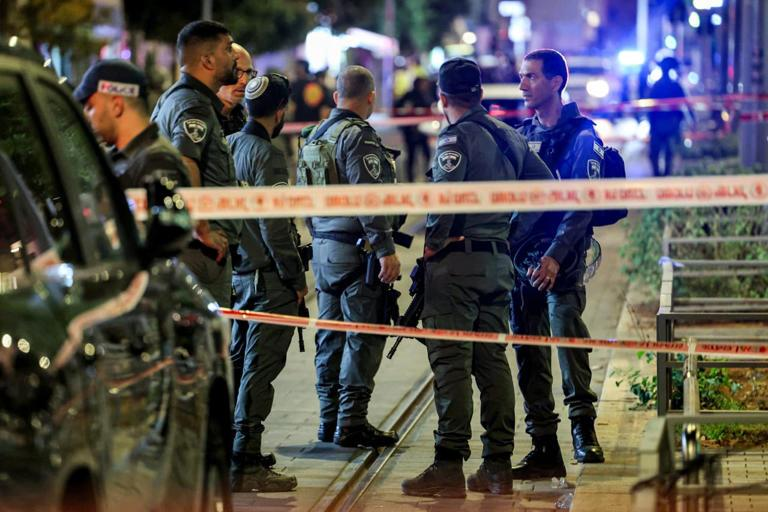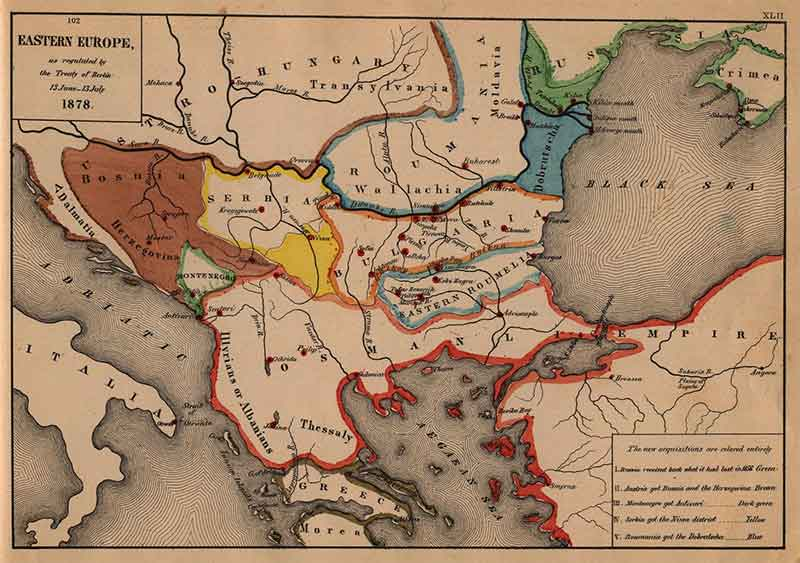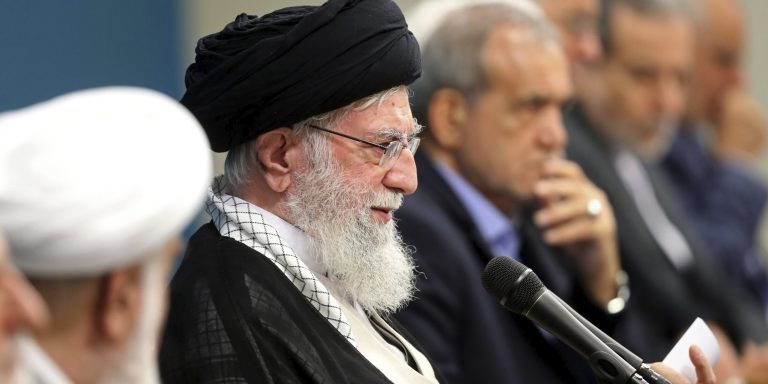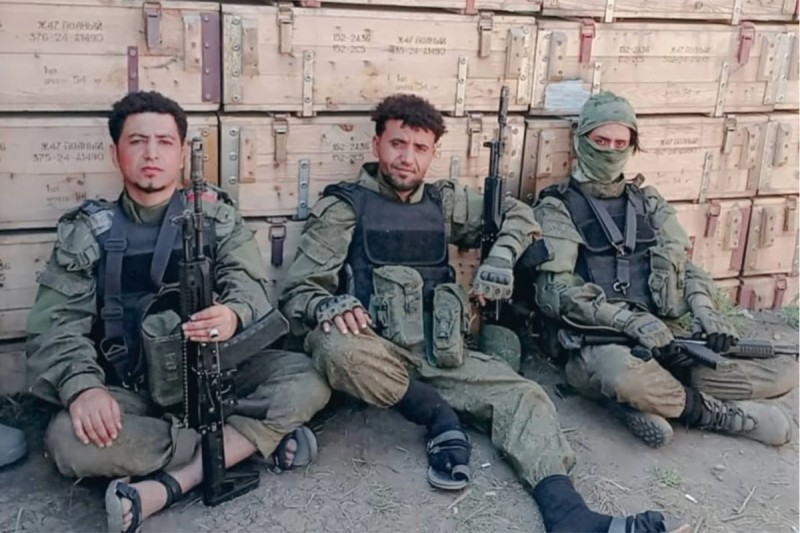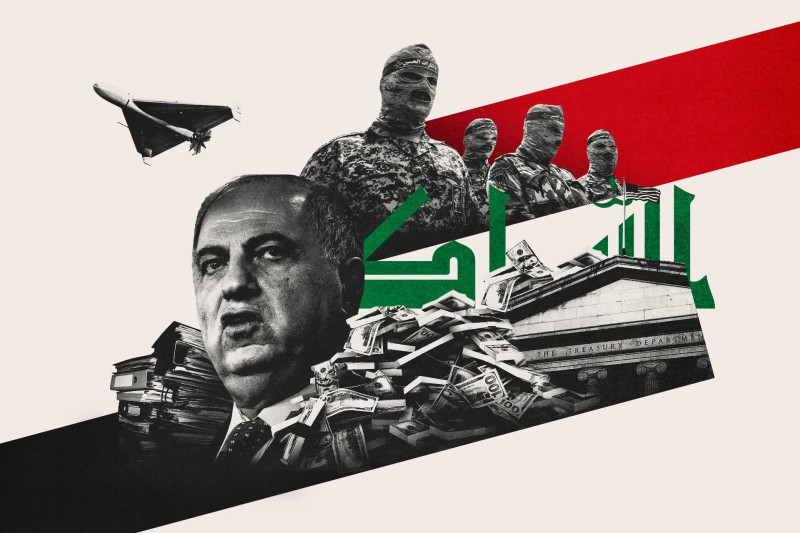The Balkan reality and Italian fears: Kosovo as a possible European front?
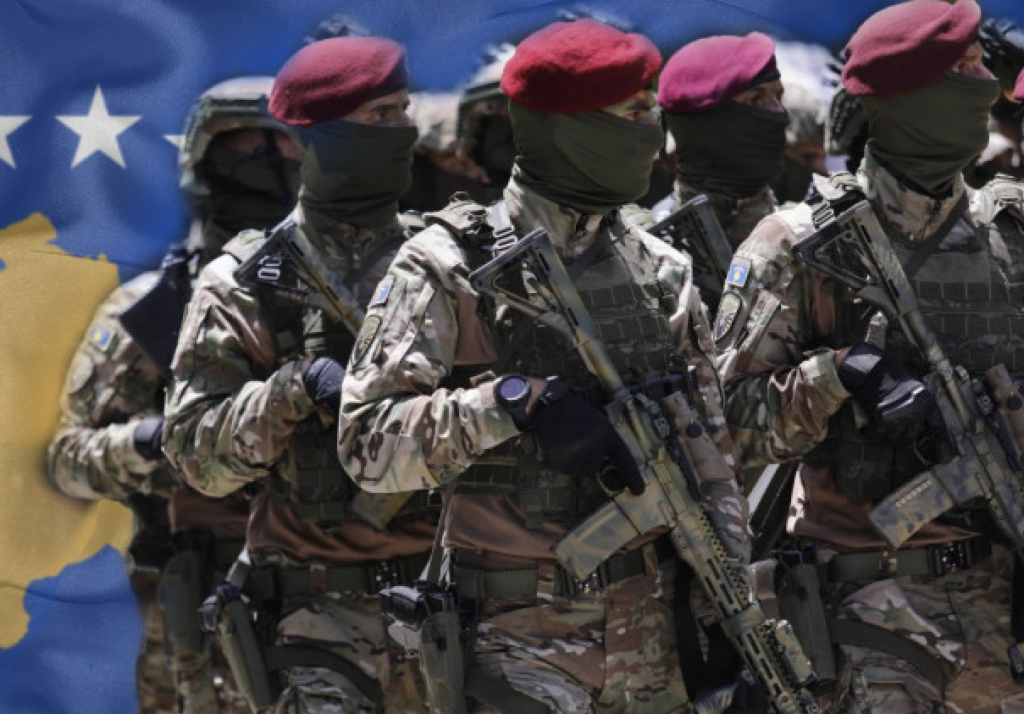
Italian Defense Minister Guido Crosetto warned that in addition to the Middle East, there is another front potentially as explosive, which is Kosovo. The interlocutors of Kosovo Online doubt such a scenario but also warn that any radicalization of the situation in the region could lead to new conflicts.

